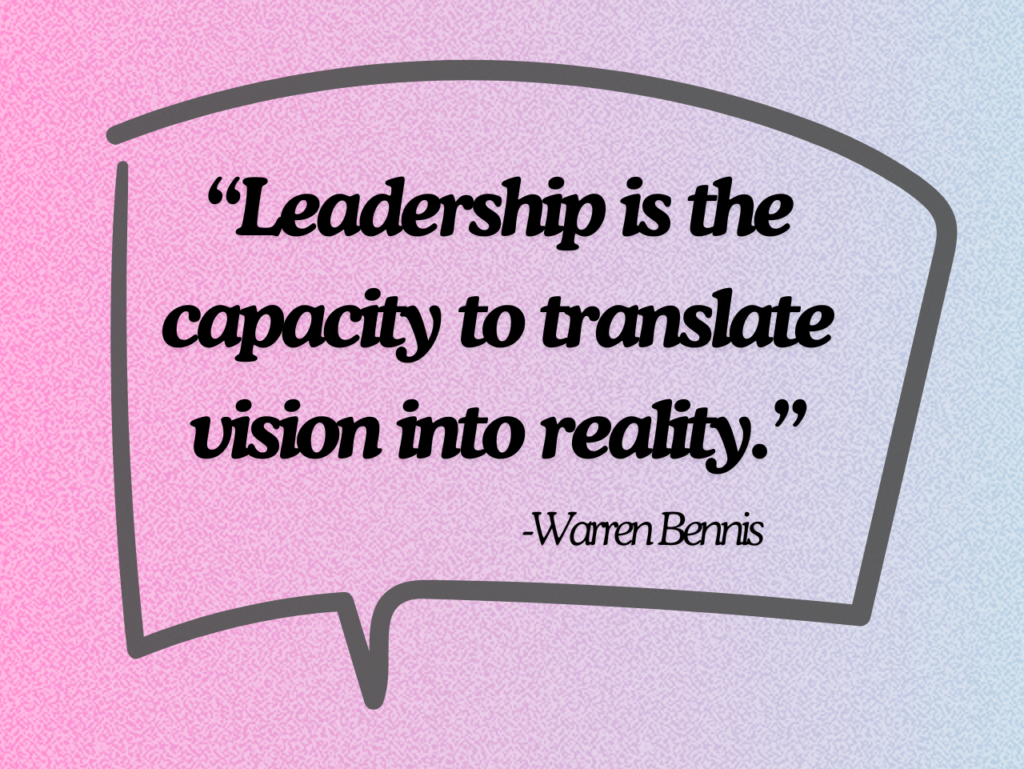“Discover the 7 essential skills you need for career growth and financial success. Unlock new opportunities and fast-track your professional development with these must-have abilities.
In today’s fast-paced world, achieving career growth and financial success requires more than just hard work. It’s about cultivating the right set of skills that will set you apart in a competitive job market. As the saying goes, “Success is where preparation and opportunity meet.” But what are these critical skills, and how can they help you fast-track your career?
Let’s dive into seven essential skills you need to develop for long-term career and financial success.
1. Visionary Thinking
“You can’t hit a target you can’t see,” says author and motivational speaker, Zig Ziglar. The first step to career growth is having a clear vision of where you want to go. This helps you set specific, actionable goals for yourself.
How to Develop Visionary Thinking:
- Identify Your Career Goals: Ask yourself where you want to be in 5, 10, or even 20 years.
- Break It Down: Create short-term goals that align with your long-term aspirations.
- Stay Open to Change: Your vision might evolve, so be flexible enough to adapt to new opportunities.
“Clear goals are key to career success. Pairing them with a well-structured budget keeps your finances on track as you work toward your vision. Learn how to create a budget in 6 simple steps here.

2. Adaptability
In today’s rapidly changing job market, the ability to adapt is more critical than ever. Alvin Toffler wisely said, “The illiterate of the 21st century will not be those who cannot read and write, but those who cannot learn, unlearn, and relearn.“
How to Be More Adaptable:
- Embrace New Technologies: Keep up with the latest tools and software in your industry.
- Be Open to New Roles: Sometimes stepping outside your comfort zone can lead to unexpected growth.
- Develop a Growth Mindset: Understand that failure is part of the learning process and use it to fuel your progress.
3. Emotional Intelligence (EQ)
As Daniel Goleman, a pioneer in emotional intelligence, points out, “What really matters for success, character, happiness, and life-long achievements is a definite set of emotional skills.” Emotional intelligence is the ability to understand and manage your own emotions while also being aware of others’ emotions.
Ways to Improve Emotional Intelligence:
- Practice Empathy: Try to understand others’ perspectives before reacting.
- Improve Communication: Make an effort to listen actively and express your thoughts clearly.
- Stay Calm Under Pressure: Learn techniques like deep breathing or meditation to handle stressful situations with grace.
4. Networking Skills
“Your network is your net worth,” says career expert Keith Ferrazzi. Building relationships with professionals in your field is essential to career growth. Effective networking can lead to mentorship, job referrals, and even partnerships.
How to Master Networking:
- Attend Industry Events: Conferences and webinars provide valuable opportunities to meet key players in your industry.
- Utilize LinkedIn: Connect with peers and professionals, engage in discussions, and follow industry influencers.
- Offer Value First: When networking, think about what you can give, not just what you can get.
5. Financial Literacy
As Warren Buffett once said, “The most important investment you can make is in yourself.” Financial literacy is crucial not just for personal wealth but for making informed decisions about your career, whether it’s negotiating a salary or deciding on investments.
How to Build Financial Literacy:
- Learn the Basics of Investing: Understand how to manage and grow your money through stocks, bonds, or mutual funds.
- Budget Wisely: Ensure you’re living within your means and saving for the future.
- Diversify Your Income Streams: Consider freelance work, investments, or starting a side business to increase your earnings.
Understanding the basics of personal finance gives you the foundation to grow your wealth. Start your personal finance journey here to take control of your money effectively.
6. Leadership Skills
Even if you don’t hold a managerial position, having leadership qualities can make you stand out. Leadership isn’t just about giving orders—it’s about inspiring, guiding, and motivating others.
How to Cultivate Leadership Skills:
- Be a Good Listener: Understand the needs and concerns of your team.
- Lead by Example: Show initiative and set high standards for yourself.
- Empower Others: Encourage those around you to grow and succeed.

7. Work-Life Balance
Achieving career growth shouldn’t come at the expense of your well-being. As Steve Jobs once reflected, “Your work is going to fill a large part of your life, and the only way to be truly satisfied is to do what you believe is great work.” Balancing work with personal life ensures long-term productivity and happiness.
Tips for Maintaining Work-Life Balance:
- Set Boundaries: Know when to unplug and focus on personal time.
- Pursue Hobbies: Doing something you love outside of work can reenergize you for the challenges ahead.
- Take Care of Your Health: Regular exercise, a balanced diet, and proper sleep are vital for maintaining peak performance.
Conclusion
Building a successful career and achieving financial growth requires continuous learning and the development of these seven essential skills. By honing your adaptability, networking, emotional intelligence, and leadership abilities, you will set yourself up for long-term success—both in your professional and financial life.
FAQs
- What is the most important skill for career growth?
- Adaptability is key, especially in industries that evolve quickly. Staying flexible ensures you can navigate changes effectively.
- How can networking help in career growth?
- Networking opens doors to new opportunities, mentorship, and industry insights, all of which can accelerate your career.
- What is financial literacy and why is it important?
- Financial literacy involves understanding how to manage money, invest wisely, and build wealth. It’s crucial for long-term financial success.
- What are the benefits of emotional intelligence at work?
- Emotional intelligence improves communication, helps manage conflicts, and strengthens relationships, which leads to better teamwork and leadership.
- How do I maintain work-life balance while growing my career?
- By setting clear boundaries, prioritizing your health, and engaging in hobbies, you can ensure a healthy balance between your work and personal life.










